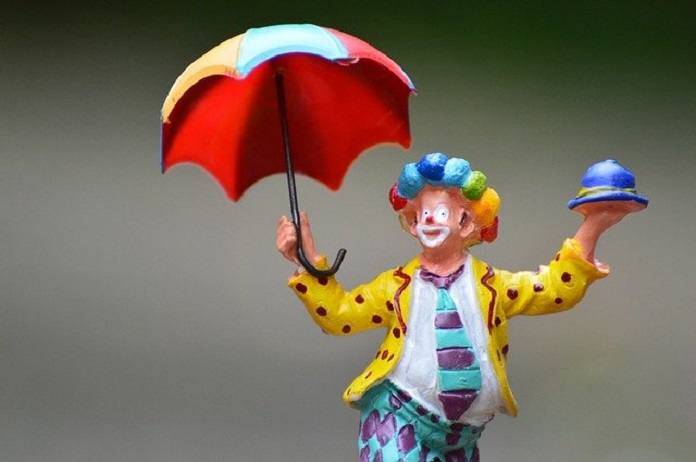Does the presence of hospital clowns help or hinder the recovery rate of patients? A recent review published by BMJ aimed to determine what effect if any, they have on patients being treated for acute and chronic conditions.
Since the early 1900’s, hospital clowns have been using stories, magic, juggling, and other amusing tactics to improve the psychological wellbeing of patients. Although the experience is uniquely tailored to each patient, a clown’s overall goal is to create a positive environment for the individual that benefits his or her recovery.
In this systematic review, researchers investigated if having hospital clowns present for patient care improved the psychological health of children and adolescents being treated for acute and chronic conditions.
To determine the effectiveness of hospital clowns, the review looked at randomized and non-randomized controlled trials.
Studies were included in the review if they included children or adolescents hospitalized for acute or chronic ailments that exhibited symptoms. Using a variety of data sources, such as Medline and Scopus, 24 studies were reviewed, which included 1612 individuals.
The analyzed symptoms included anxiety, pain, wellbeing, stress, fatigue due to cancer, and crying. Additionally, biomarkers such as cortisol were examined after a visit from a hospital clown to evaluate symptoms.
It was concluded that hospital clowns had a positive impact for routine care, the administration of anesthesia, and during procedures such as surgery. Also evident in many other studies, the psychological health and wellbeing of a patient significantly impacts their rate of recovery and treatment success.
Despite these encouraging results, there were several factors that limited this study. Compared to the studies that reviewed the effect of hospital clowns on patients with acute conditions, there were only a few studies that included patients with chronic conditions. Additionally, only qualitative, or non-numerical, data was reviewed.
In the future, this review suggests that more studies are conducted to investigate the potential short, medium, and long-term effect of hospital clowns on patients.
Reference:
Lopes-Júnior Luís Carlos, Bomfim Emiliana, Olson Karin, Neves Eliane Tatsch, Silveira Denise Sayuri Calheiros, Nunes Michelle Darezzo Rodrigues et al. Effectiveness of hospital clowns for symptom management in paediatrics: systematic review of randomised and non-randomised controlled trials BMJ 2020; 371 :m4290
Image by ?Merry Christmas ? from Pixabay



